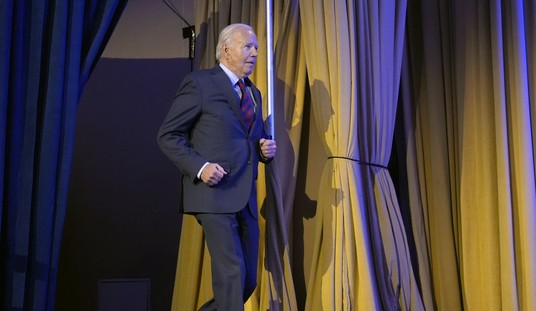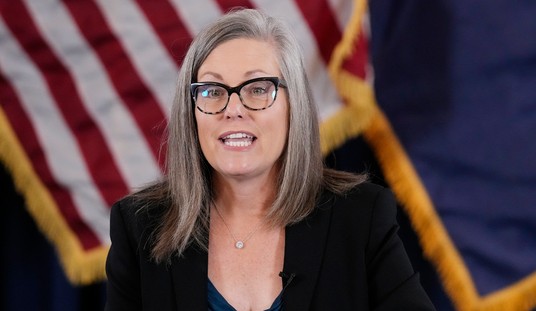While House Republicans have voted to repeal Obamacare on numerous occasions, they have yet to vote on repeal of Dodd-Frank since assuming power over 18 months ago. Now, over 2 years since its original passage, it’s time we take a swipe at this monstrosity. We don’t need tepid equivocation from Republicans, as reported by Politico today; we need a full frontal assault .
In many respects, Dodd-Frank is the forgotten leviathan of the Obama administration – one that is dragging down the economy just as much as Obamacare, even though it hasn’t received the same scrutiny or provoked as much outrage. The 2300-page bill contains hundreds of new mandates and rules that distort the credit, financial, and housing markets, impose onerous and time-consuming burdens on small businesses, and limit consumer choice. The regulations are so complex that most of them have not been formally drafted, causing thousands of businesses to halt their expansions and new hiring until the government provides them with some clarity. It is nothing short of a wholesale takeover of the financial services and banking industries, much like Obamacare is to the healthcare industry.
There are a number of serious problems with this bill. Here are some of the worst aspects:
- Too Big to Fail: – The bill creates a new permanent bailout regime, the Financial Stability Oversight Council. This institution would vitiate the bankruptcy process and allow the government to take over any entity that it deems vital to the rest of the economy. In other words, it consummates “too big to fail” as a permanent policy, the very policy this bill was supposed to fix.
- Volcker Rule – The Volcker rule ostensibly prohibits regular banks from investing their own money by engaging in bond trading. It also prohibits banks from holding more than a 3% stake in private equity funds. Just this part of the bill is 300 pages long! It will take hundreds of new Keynesian jobs just to enforce, interpret, and comply with the rule.
- CFPB – The bill created the Consumer Financial Protection Bureau (CFBP), which will limit the choices of consumers in financial markets, making it harder and more expensive to obtain credit. This unaccountable agency will operate autonomously within the Federal Reserve and will not be subjected to congressional appropriations or oversight. It is essentially the “death panel” of the financial sector, with control over bank accounts, mortgages, and student loans.
- Derivatives Trades – Some key restrictions on derivatives trades only apply to banks with assets above $10 billion. This has created a perverse incentive for banks to limit their expansion, and by extension, creation of jobs, for the purpose of staying below the limit.
- Debit Card Fees – The new limitations on bank charges for processing debit card submissions from retailers has caused an increase in user fees for customers, most notably, for opening checking accounts.
- Freddie/Fannie – Dodd-Frank did nothing to privatize or even reform these two behemoths that are responsible for the housing crisis and the recession.
While there is no repeal bill being considered before the House at this point, we will have an opportunity to vote on a proposal that will freeze its regulatory regime. Today, the House will consider H.R. 4078, a commonsense bill that prohibits federal agencies from formulating new significant regulations until unemployment dips below 6%. A “significant regulatory action” is defined by the bill as a rule that, among other things, costs the economy at least $100 million. This definition is overly vague and can give the administration an excuse to continue regulations that reduce revenues on individual corporations. Congressman David Schweikert (R-AZ) will offer an amendment that includes in the definition of economic impact any changes to corporate revenues as businesses are preparing to comply with impending rules. Schweikert notes that most of the Dodd-Frank regulations have yet to be implemented, even though they are already costing businesses large sums of money to prepare for their eventual release.
This is a prudent way of freezing the Dodd-Frank beast before it gets off the ground. Obviously, we must not lose sight of a full repeal effort in 2013. If and when we win back the White House and the Senate, full repeal of Dodd-Frank must be our #2 priority.
Let’s start by cosponsoring the only full repeal bills put forth in this Congress. Senator DeMint’s S. 712 has 28 cosponsors and Rep. Bachmann’s H.R. 87 has just 12. Does your member support repeal of Dodd-Frank?
Cross-posted from The Madison Project













Join the conversation as a VIP Member